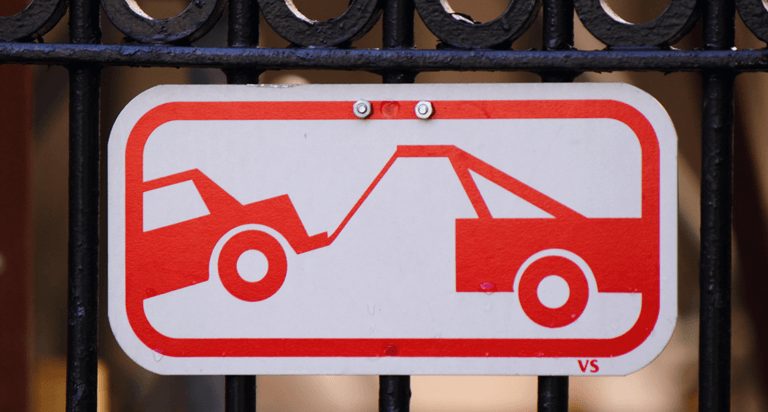
What Is Repossession and How Does It Work?
Find the answers to important questions about repossession, including what it is, how to avoid it and what to do if your property is repossessed.

Find the answers to important questions about repossession, including what it is, how to avoid it and what to do if your property is repossessed.
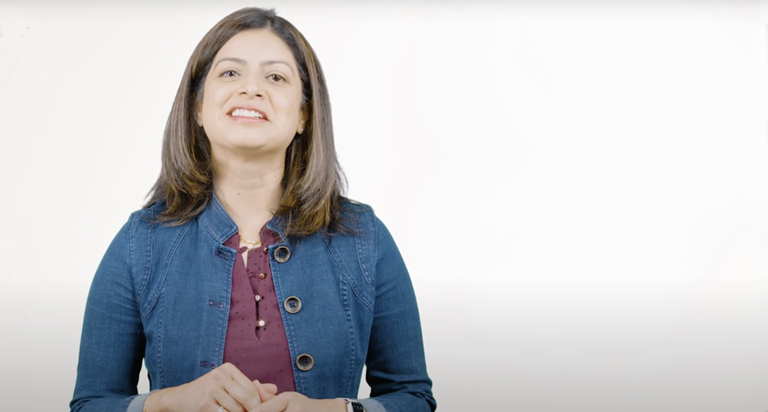
Planning your finances for the year ahead can seem like a daunting task, so we compiled the top 5 healthy financial habits for the year ahead.

The down payment is a huge part of your budget when it comes to buying a car. How big should your down payment really be?

Social Security benefits are critical to most retirement strategies. Here’s how to estimate your Social Security benefits by age.
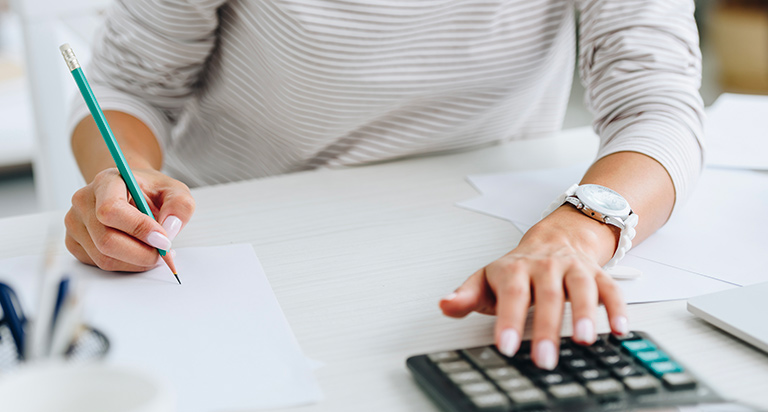
Find out how your adjusted gross income (AGI) impacts your taxes. Plus, learn how to calculate your AGI to help avoid surprises during tax season.
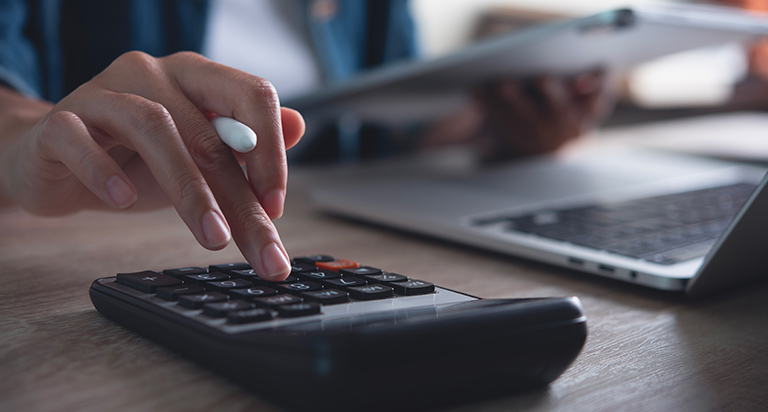
How should you react during times of economic uncertainty? Here’s how to better manage your personal finances during a recession.

Learn about the role vesting plays when transferring your existing 401(k) retirement savings over to a new employer.
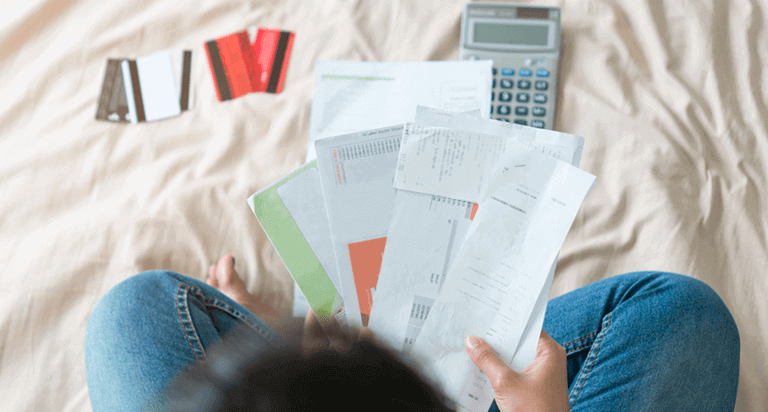
If you’ve had a sudden loss of income, you’ll need to know how to adjust your budget accordingly.
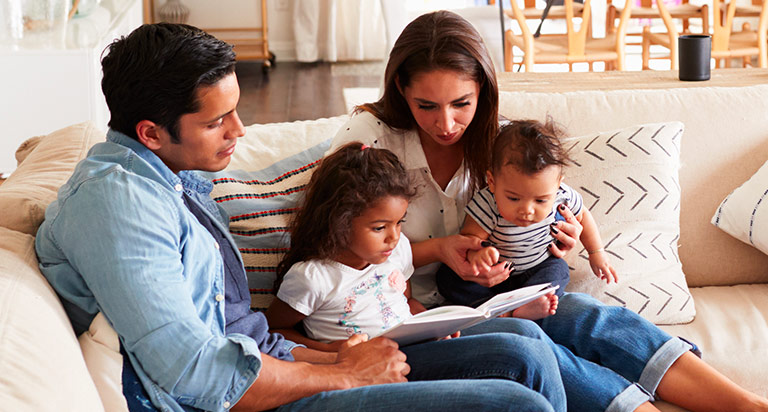
Learn how homeowners insurance works and how it can help better protect your home in the face of emergencies.

Tax deductions and credits can help you save money during tax season. Learn the difference between deductions and credits in this article.

An executor has a significant amount of responsibility when it comes to settling an estate. Here’s what an executor of an estate can and can’t do.

Here are a few important facts about tax credits for homeowners. Plus, learn how tax credits work and who may qualify at tax time.